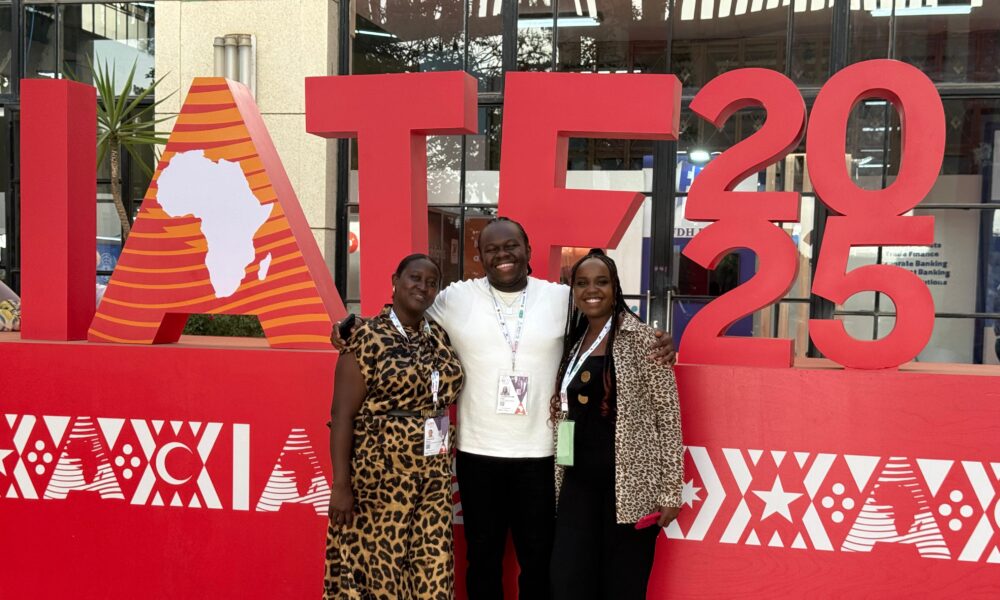Malawi's Political Earthquake: Mutharika Ahead as Chakwera Concedes!

The recent presidential election in Malawi has revealed a closely contested race, with early vote counts from the northern regions indicating a narrow lead for former President Peter Mutharika over the incumbent, Lazarus Chakwera. Despite these initial figures, projections suggest that neither candidate may secure the 50 percent majority required for an outright victory, potentially leading to a runoff election. Vote counting commenced immediately after polls closed on Tuesday at 16h00 CAT, with tallying centers working tirelessly across the nation. The Malawi Electoral Commission (MEC) has stated that consolidated national figures are still undergoing verification and will be announced in stages.
This election marks a significant rematch between the 85-year-old Mutharika and 70-year-old Chakwera, two formidable political rivals. Their intense rivalry first played out in the disputed 2019 elections, where Mutharika was initially declared the winner. However, this result was later nullified by Malawi’s Constitutional Court due to widespread irregularities, prompting a rerun in 2020, which Chakwera subsequently won. The current contest evokes strong emotions, with supporters expressing deep trust and hope, recalling past campaigns where their leader was politically dismissed, yet they maintained faith. This leads to a sense of vindication and a dream of a better future for Malawi after perceived suffering.
Amidst the ongoing electoral process, the Southern African Development Community (SADC) Electoral Observation Mission (SEOM) has raised serious concerns regarding the persistent underrepresentation of women in Malawi’s political landscape, specifically in the 2025 Tripartite Elections. Honourable Themba Nhlanganiso Masuku, former Deputy Prime Minister of the Kingdom of Eswatini and Head of Mission, highlighted this stark gender disparity during the presentation of SEOM’s Preliminary Statement. Despite women constituting a significant 57% of Malawi’s registered voters, they account for only 22% of candidates vying for parliamentary seats and a mere one out of 17 presidential candidates. The mission noted that while nine women were chosen as running mates for presidential candidates, the overall proportion of women in elected offices remains alarmingly low. For instance, in the 2019–2025 Parliament, women held only 20.7% of seats, and SEOM is closely monitoring the current election to see if this figure will improve or stagnate.
SEOM acknowledged Malawi’s positive efforts, such as reducing the nomination fee for female parliamentary candidates to K1.2 million, half the K2.5 million required for their male counterparts. However, the mission emphasized the need for Malawi to align with regional commitments, including the SADC Protocol on Gender and Development and the Principles and Guidelines Governing Democratic Elections, which call for deliberate actions to address gender imbalances in political participation. Honourable Lindiwe Daphney Zulu, Head of the African Centre for Governance (ACG), further pointed out that structural and sociocultural constraints continue to impede women’s access to nomination platforms, campaign financing, and leadership roles within political parties. She recommended that the Malawi Electoral Commission implement targeted special voting measures to ensure the full participation of often-excluded groups. The SADC Electoral Observation Mission plays a crucial role in monitoring elections to ensure they are conducted freely, fairly, and credibly, in accordance with established democratic principles.
The atmosphere surrounding the election is charged with a mix of anticipation and hope for a new beginning. The call for a smooth transition, as expressed towards incumbent Chakwera, underscores the desire for stability and unity regardless of the final outcome. This sentiment reflects a collective wish for God to bless Malawi, envisioning a better life for all its citizens and their families.
You may also like...
Manchester United Cracks Down on Discriminatory Chanting Ahead of Chelsea Clash

Manchester United has issued a strong warning to its supporters against discriminatory chanting, specifically the 'rent ...
Mourinho Takes Benfica Helm Amid Controversial Contract Clauses and Grand Entrance

Jose Mourinho has been confirmed as Benfica's new manager, returning to the club after 25 years. The 62-year-old signed ...
Is Jimmy Kimmel Cancelled? Industry Outcry Over ABC's Controversial Move

Late-night television is undergoing radical changes with the cancellations of Stephen Colbert's 'The Late Show' and the ...
Cardi B Unleashes Star-Studded Album Tracklist, Featuring Janet Jackson & Selena Gomez

Cardi B has officially unveiled the highly anticipated tracklist for her sophomore album, "Am I the Drama?", set to drop...
Shockwave in Music: Kali Uchis Disentangles from D4vd After Tragic Discovery

Kali Uchis is moving to remove her song with D4vd from streaming platforms after a 15-year-old girl's body was found in ...
Lewis Capaldi Unleashes New Single 'Something In The Heavens' to Instant Sell-Out Success

Lewis Capaldi celebrates a triumphant return to music with his new single 'Something In The Heavens,' fresh off a sold-o...
My Wild Week in Algeria: Celebrity's #IATF2025 Exclusive!

A seven-day adventure at the Intra-African Trade Fair (IATF 2025) in Algiers, Algeria, is vividly recounted, showcasing ...
Radical Retro: 80s Fashion & Beauty Trends Staging an Epic Comeback!

Eighties trends are making a significant comeback, with young people leading the charge in embracing everything from lan...